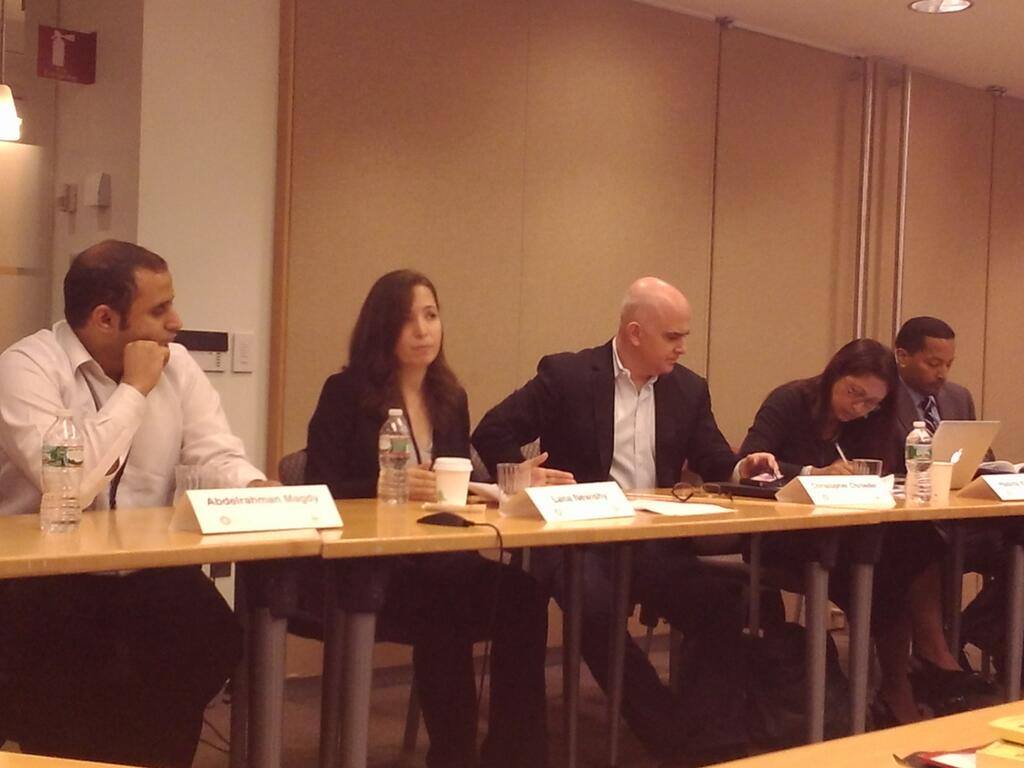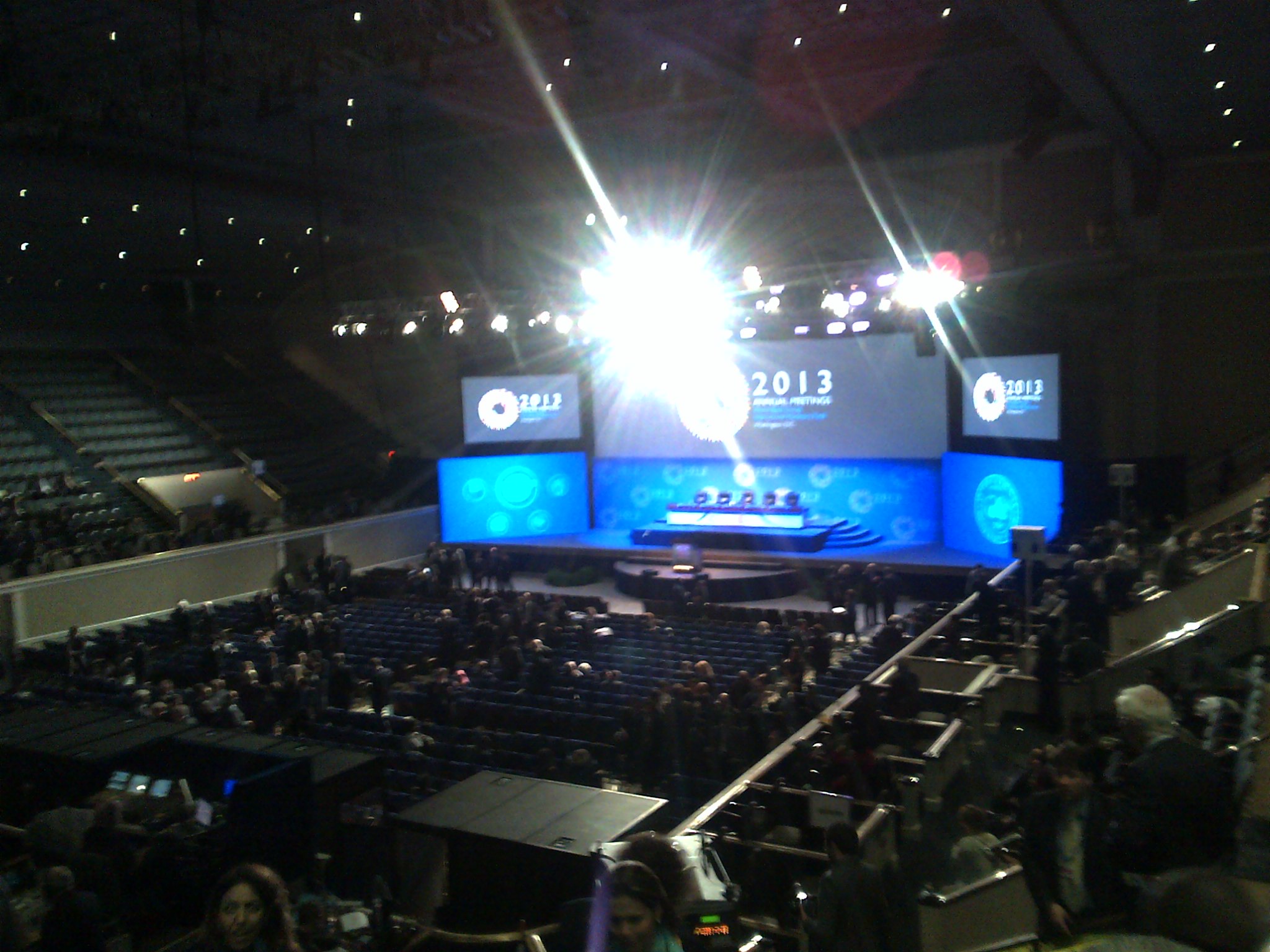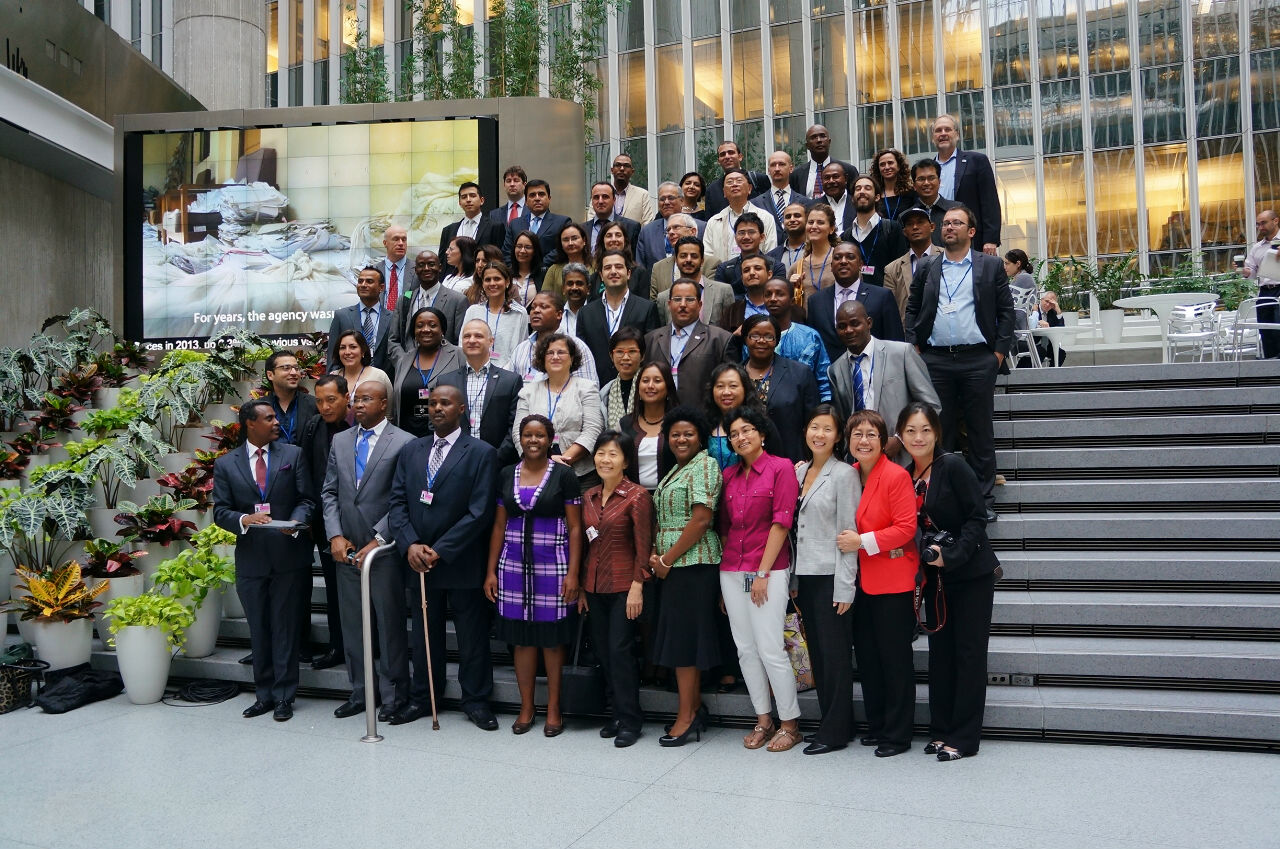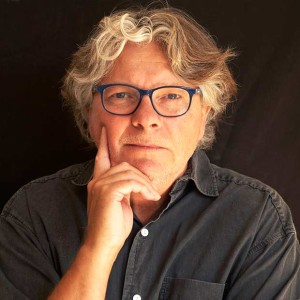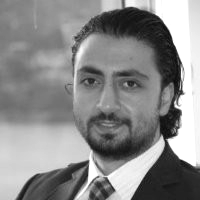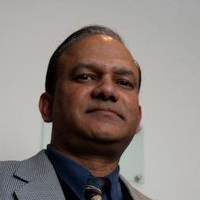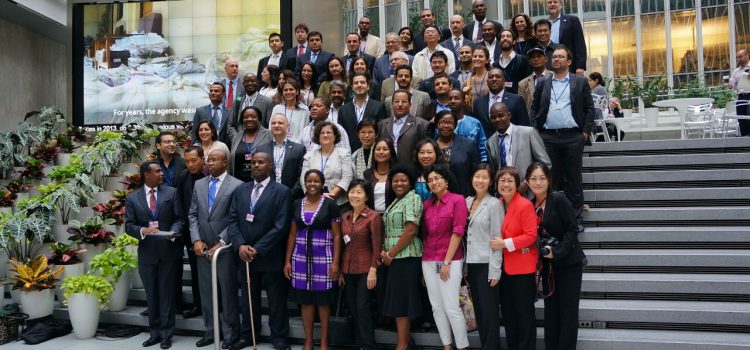
Highlights from the World Bank Annual Meeting
I was invited to attend The World Bank/IMF Annual Meeting in Washington DC during October last year and participate in The Civil Society Policy Forum, you know me, I wouldn’t pass such an opportunity without leaving my mark so Egypreneur organized a panel discussion there entitled: Engaging Local Entrepreneurs on Solving Development Challenges, featuring, in order of the photo below, beside myself, Lana Newishy, Chris Schroeder, Hasina Kharbhih and Magdi Amin, will write more about it on Egypreneur Stories.
I arrived in Washington DC with the government shutdown thingy, I’m glad that a lot of people have blue eyes there otherwise they would say it was mine that caused the disaster – In case you are not Egyptian, Egyptians consider blue eyes, the evil eyes, so if you’ve got bluish eyes like mine you gotta live with being an envious bastard everywhere you go 🙂
Landing from London I could notice the difference in scale and availability of “real estate”, though, Washington DC was very boring for my active taste, probably because we couldn’t move around given the shutdown, but I loved the underground, It seemed the same story, same faces, and expressions in Cairo, London, and Washington DC. People, real people are not any different after all.
Anyway, technically speaking I was invited to represent “Civil Society” in Egypt, I branded it as Civil Society/Private Sector, given that I have a for-profit + non-profit hats, as you are in Washington DC, you gotta start doing what everyone is doing, lobbying, the first day after arriving, my hotel room hosted the first civil society lobbying session with around 5-10 of Civil Society Representatives from Palestine, India, Egypt, Zimbabwe, Tunisia, Nepal – Hopefully, the room was big enough to comfortably host us all, which I didn’t mind as long as it’s paid by the world bank.
The world bank group is a large institution that has only one client, governments of the world, and oh boy, you can smell all the criticism and attacks, even my fabulous friend and mentor Dr. Claudia Gross, sent me some materials to make sure I don’t get lured with what I’m about to see, recommending that I’d read Confessions of an Economic Hit Man, which sounded pretty attractive for my investigative taste, or call it conspiracy theories if you wish.
So, what’s the story of The World Bank?
And why is it relevant to Egyptian youth and entrepreneurs like myself?
After World War II, the war winning allies gathered at Bretton Woods and created what Wikipedia describes as: “Setting up a system of rules, institutions, and procedures to regulate the international monetary system” part of this system was creating The International Monetary Fund (IMF) and a bunch of other institutions gathered today under the umbrella of The World Bank Group, The World Bank is the biggest institution at the group and its missions was stated as provides loans to developing countries for capital programs.
But who was controlling these institutions?
“World War II devastated European and Asian economies while leaving the United States’ economy relatively unharmed. As European governments exhausted their gold reserves and borrowed to pay the United States for war materiel, the United States accumulated large gold reserves. This combination gave the United States significant political and economic power following the war.” Wikipedia: http://en.wikipedia.org/wiki/History_of_the_United_States_dollar#History
After the war; Europe, Asia and of course the rest of the world was exhausted, yet the United States still maintained its economic power and influence, the US hosted all these meetings and had the boldest say in the creation and design of all these systems and institutions. The reason why Washington DC is the center of policy and influence in the world today is that it’s the center for all these powerful institutions with big funds and influence to mobilize, which is obviously dominated by the US government.
Since then, the reason of existence of The World Bank had been generally criticized of overloading poor countries, which was re-branded into “developing” countries with debt that the next few generations will have to pay off from their hard work, guaranteeing those poor countries will still be poor or even get poorer while rich countries who own majority shares at The World Bank would be increasing their economic and political influence over these countries.
The way the world bank functions is that it finances major government projects, usually developmental or infrastructure-oriented projects, some of these projects had been criticized by organizations that claim to be representing the people and beneficiaries of these projects, for different reasons including that these projects don’t take the environment into consideration and plenty of other reasons, they call these organizations the “Civil Society Organizations” or CSOs.
Also, allegations of corruption in the execution of these major projects were in the air, where monitoring organizations like The Bank Information Center (Independent Watchdog) says at some cases government officials strike deals to get projects executed by companies they own, resulted on being indirectly benefiting from these projects and accordingly caring less about the impact it creates on their people.
And you can imagine how much corruption can be built upon that, a corrupt government can indebt its own people while its officials are making tons of money through getting their affiliated companies to execute and profit from these projects, yet, among all this pressure and criticism, the World Bank seemed to take active steps towards transparency, that seems to be satisfying most pressing CSOs and monitoring organizations.
Today, you can download iPad applications that will include detailed information about projects they contracted, the status of these projects and for the most part, contracted entities and built quite strict guidelines on granting such contracts. You can play with some of these apps from here: http://apps.worldbank.org/
You can also check plenty of other information on the World Bank operation in Egypt from HERE, detailed list of these projects and status from HERE and also the watchdog organization (BIS) track, verify and republish these information, sample resource is here: http://www.bicusa.org/wp-content/uploads/2013/02/WB-projects-in-Egypt-Jan-20132.pdf
In the past, Civil Society organizations were overlooked in policy discussions and only had the external pressure paper to protest against The World Bank-funded projects, yet with increasing pressure, Civil Society Organizations seemed to secure more attention from the decision makers and governing bodies at these large institutions, bit by bit, The World Bank started hosting a Civil Society Policy forum in parallel with their main yearly meetings, you can check this page at The World Bank website for engagement with civil society and can even subscribe to a monthly newsletter from here.
I was surprised and quite delighted that the Chad Dobson, the Executive Director of BIS, the watchdog organization that monitors and criticizes the World Bank the most actually hosted a conversation with Civil Society representatives introduced by John, the team leader of The World Bank Civil Society Team, during the program we attended, which shows the development in the relationship between the Civil Society and The World Bank.
But still, beyond monitoring and criticism, starts an endless debate among activists and Civil Society Representatives, whether there is any actual value from engaging with such large institutions in development or it’s just a waste of time and effort, are the recent openness to host the civil society an actual realization of the importance of allowing the Civil Society a role to play or is it an effort to contain them and probably gain the loyalty of a few?
I went through these debates both in Cairo and Washington DC and I didn’t compose a final opinion yet, I only seemed to judge my next step based on the information that I have and previous experience dealing with the institution, I see that if the people can influence large institutions and direct them to serve their goals and solve their problems, that’s great, also given that Civil Society is not powerful enough to terminate the impact of The World Bank, not saying that it should, neither for the most part can permanently replace it, the government will still need this money to build Airports and conduct major projects.
The panel discussion Egypreneur organized on Engaging Local Entrepreneurs on Solving Development Challenges was seeking to explore any potential of a large institution like The World Bank group with all its arms to engage unusual entrepreneurial projects to achieve its objectives not only in reducing poverty through increasing employment but even in having unusual “entrepreneurial” development projects that the government can’t envision.
I don’t know, but it seems a bit odd to me to be speaking to an international institution about what I want my government to do, in some moments throughout the discussion I felt something is not right, as I should be having this conversation with the Minister of Investment, Finance, Youth, Development, but obviously these ultra-important people don’t have time for kids like me, or the tribe of Egypreneur(s) that I belong to, as shared by fellow Civil Society representatives, their own government officials are more open to talk to them in Washington DC than at their own countries!
As I was attending one of the panel discussions with a fellow Egyptian lady, who is a program director for a human rights and economic development/monitoring institution in Cairo, who seemed to criticize an IMF Economist, who seemed to me to be only giving a direct systematic answers, this internal dispute flooded with a corny comment, stating why are we insulting an IMF economist for our own government’s lack of awareness and our own lack of ability to play influence on our own government and I suggested that the best solution out of this is to work on putting the Egyptian lady on the Chair of the Minister of Finance in 10 years or something.
Understanding how The World Bank works with hands-on experience was the biggest gain from my participation, I get to understand that the whole structure of the world bank and its governing body is just the vehicle that maintains the capacities, knowledge, and expertise to be driven by the 25 Executive Directors, where all the power and influence should be played, everyone at The World Bank including the president are just employees within a structure, the ones who really decide on where to take the organization are the 25 EDs supposedly representing all countries, with voting power according to the ownership of the bank assets, where obviously the US comes on top.
It was made clear to me that getting any influence around this institution can only be done through its Executive Directors especially The Executive Director representing your own government, in my case was the Kuwaiti Executive Director who represents the majority of Arab countries.
Civil Society representatives were allowed a meeting with those who could make it from the 25 Execs, which showcased a great ability for diplomatic responses, except for the Swedish Exec who responded honestly on a remark on funding corrupt governments in Africa by saying: so are you suggesting that we stop funding these countries and let people die of poverty because of government corruption, is this what you want us to do?
Another thing I understood is that regardless of the scale, basic human behavior is the same, it was surprising to know that, it is an unspoken rule that the World Bank president will be American, the International Monetary Fund will be European and the MEGA group will be Australian.
My favorite and most inspiring part of the trip was listening to the speech of The World Bank president who seemed to be an honest person seeking real change and as he mentioned that some years ago he was outside these building protesting against the policies of the world bank, he stands today on top of the organization and breach reform with a new strategy with more engagement to the civil society and lighter more efficient organizational structure, god knows whether this will land in success or not, but we will see.
I also had the chance to meet with vice president of The World Bank for MENA for the second time, and I also enjoyed a nice, diplomatic response on my comment about “The World Bank going Entrepreneurial”. Though after the meeting I made very critical remarks on a specific project The World Bank executed in Egypt, that I had negative experience with, you always expect executives in large institutions to act in a way representing the brand and institution but some times you get really disappointed, I wished that my comment would really be taken as an advice to mind local entrepreneurs while executing projects landing straight from Washington DC.
More importantly, I seemed to grow my lobbying muscles on the spot as I picked up a few minutes chat with Sara Aviel, the Alternate U.S. Executive Directory, technically the person representing the highest voting power in the institution, The U.S. Government seemed not to like The World Bank enough these days and left the Executive Director position vacant, yet Sara replaces the ED and presents the U.S. government in the institution.
Of course after an introduction of having 50,000 wild Egypreneur(s) following us on Twitter from Egypt, I was directly speaking of how large institutions should pay more attention to the potential of entrepreneurs, through some seriously solid financial empowerment programs and criticizing the scope of involvement in supporting SME development in MENA by international organizations and how most of their programs in this regard is superficial and ineffective, I landed myself a few minutes of serious attention and a business card. That’s what lobbying is about.
I even made use of the business card recently as I emailed my previous posts regarding Bamyan Media’s El Mashrou3 to the U.S. Executive Director office as a form of abuse to what we were talking about months ago about empowering youth in MENA, ending up wasting 10,000,000 EGP by an amateur on a single contract, among plenty more disasters they committed, on the name of promoting entrepreneurship by a US government body, while real entrepreneurs are struggling to survive.
Transparency requires this information to be revealed and for impact to be properly assessed, previous and upcoming whistle-blowing is an effective way to guarantee that abuse of resources will not be taken lightly. This is a critical point for the youth of my generation, we already paid or paying for this Aid money, we do have the right to track and direct how it is being utilized. I will probably speak more about that in upcoming posts.
Anyway, I enjoyed the company of fellow 60-something Civil Society representatives from around the globe and a fabulous Civil Society team at The World Bank HQ who managed the organization and logistics of the whole thing, and I continue being well connected with The World Bank offices in Cairo through Nehal and Eman from the communication team, who had been doing a great job bringing representatives of the civil society together in frequent meetings in the past 2 years and channeling us to the right resources within the organization for better engagement.
Whether any of this will actually pay off in a partnership between large institutions and civil society/entrepreneurs is something that I don’t really know and have still to explore…
Group photo with Civil Society Representatives from Around The Globe with the Civil Society Team at The World Bank HQ
Also published on Medium.

